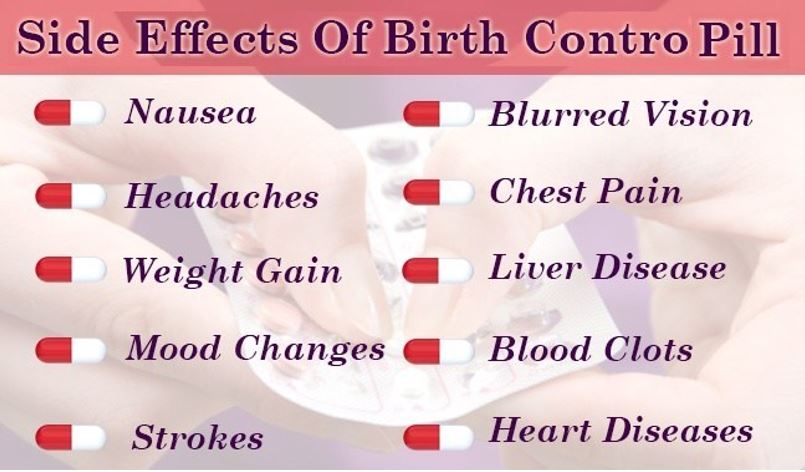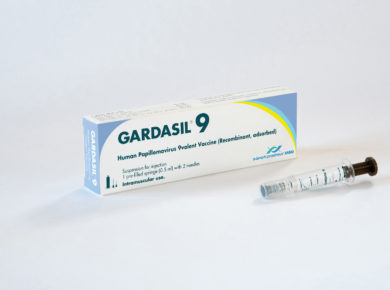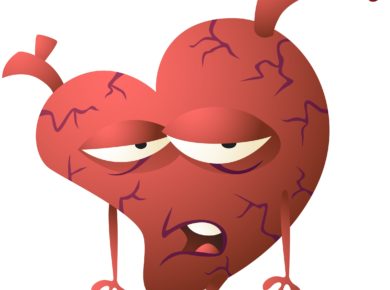The pill is the most used medication by teenagers and young women. It is used mainly to treat hormonal imbalances because more than 80% of women have menstrual symptoms like pain, mood swings, insomnia, clots, etc.
The signs of hormonal imbalance are often dismissed by doctors as a problem too complex to rectify.
Since the 1960s, there has been controversy surrounding the potential mood effects of oral contraceptives, but more than 50 years of use has not settled this question.
There is acknowledgement that depression is the most common reason for discontinuation of use.
Decades of studies show overall that there is a subset of women for whom oral contraceptives represent a major risk factor for depression and/or related mood disturbance.
Who might these women be? From 13 prospective trials, it appears that they have a personal or family psychiatric history (who doesn’t?), one that has been exacerbated by pregnancy/postpartum, and premenstrual periods, and young age.
More specifically, women with premenstrual mood symptoms prior to use experience more adverse effects with lower progestin dosages or triphasic OCs, unlike women without this history who experience more psychiatric side effects with higher progestin preparations.
Synthetic hormones like those in combined oral contraceptives increase thyroid and sex hormone binding globulin, effectively decreasing the available testosterone and thyroid hormone in circulation (which can render you of nun-like libido, and functionally hypothyroid or depressed, constipated, overweight, cloudy, with dry skin and hair).
A randomized, open-label, 9 week trial of 3 forms of hormonal contraception found that they all increased SHBG, as well as insulin resistance, and markers of inflammation such as c-reactive protein. SHBG binds hormones making them inactive. So higher SHBG means less active and available hormones.
Another study suggests that increases in SHBG may persist long after discontinuation of the pill contributing to sexual dysfunction/low libido.
Incidentally, xenoestrogens such as PCBs, BPA, and pthalates, as well as poor excretion of estrogen as occurs with gut dysbiosis, can also contribute to elevated SHBG and lead to undesirable states of “estrogen dominance”.
Oral contraceptives promote oxidative stress. Stress is often defined as the inability to cope with demands, and oxidative stress is a destructive force in the body perpetuated by reactive oxygen species that outnumber available antioxidant enzymes and factors.
Oral contraceptives deplete vitamins, minerals, and antioxidants as measured by activity of Coenzyme Q10, vitamin E, and total antioxidant activity.
More specifically, OCPs have been acknowledged to deplete vitamin B6, a cofactor for the production of serotonin and GABA, as well as zinc, selenium, phosphorus, and magnesium demonstrated by this cross-sectional randomized study.
Interestingly, birth control use was associated with elevated levels of copper (which can upregulate catecholamines, potentially causing feelings of overstimulation), iron (which can be a pro-oxidant), calcium, and cadmium compared to controls.
In conclusion, the synthetic hormones used in the pill are just terrible and cause lots of side effects, like constipation, leaky gut, depression, insomnia, blood clots, among others.







